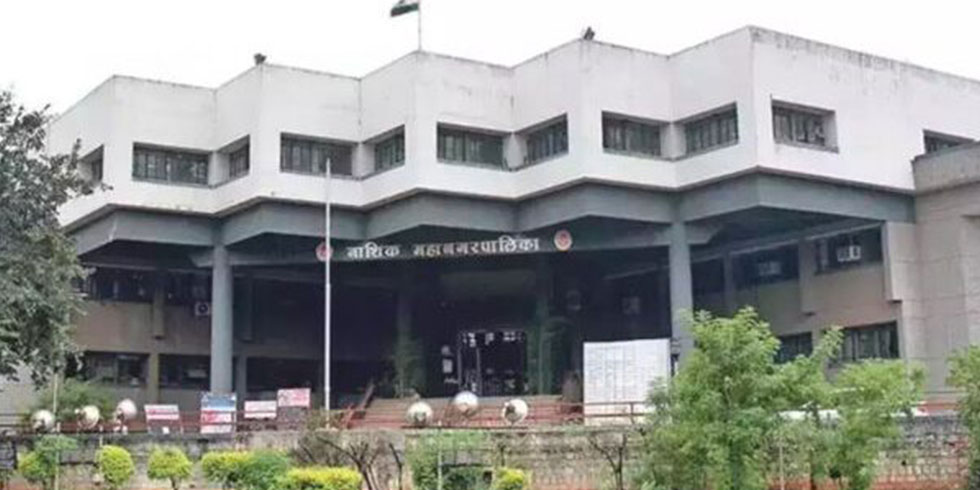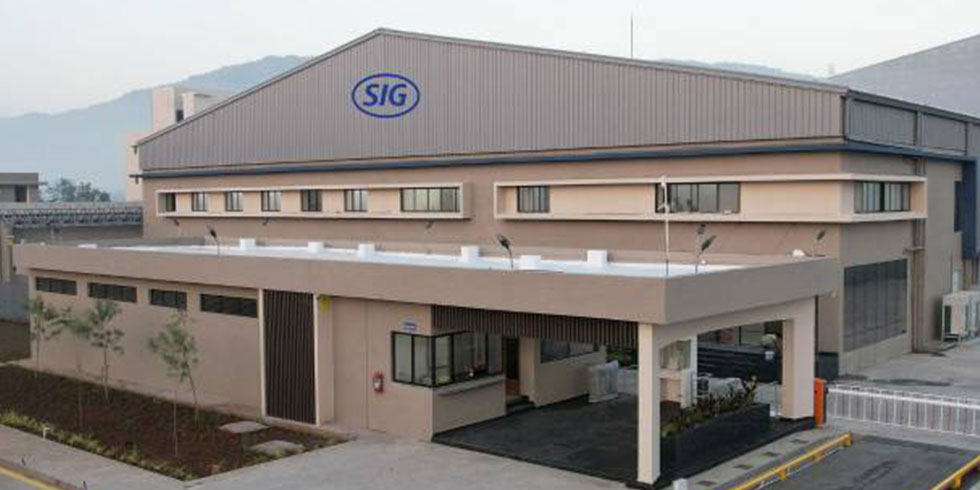On the grounds of its compost plant in Pathardi, on the outskirts of the city, the civic body built a "plastic-to-fuel" facility. This plant can produce 5 litres of fuel per day.
Ballistic separator machines with a 250 tonne per day capacity were also made operational by the Nashik Municipal Corporation (NMC) to separate and categorise dry trash, including solid, plastic and other types of garbage, in the first place.
Municipal commissioner Chandrakant Pulkundwar opened both projects on Wednesday.
According to NMC representatives, high-quality plastics will be sorted using ballistic equipment and plastic trash will be used to create RDF (refuse-derived fuel).
A commercial company chosen by the civic authority is responsible for managing and operating both projects. To handle the city's solid waste, the civic organisation established a composting facility in Pathardi in 2001. The plant's initial daily capacity was 300 metric tonnes (MT). The capacity was raised to 500 MT per day in 2008-2009.
The municipal government ran the compost facility independently. In order to operate smoothly and efficiently and to increase capacity as needed, the factory was transferred to a commercial organisation . The latter is currently working to increase the capacity even further, to 800 MT.
The Pathardi plant also produces plastic granules from plastic waste, processes leachate from waste, cremates dead animals, performs scientific landfilling and more. Fertilizer is produced from wet waste, RDF is produced from dry waste, briquettes are made from garden waste and mulch.







Add Comment